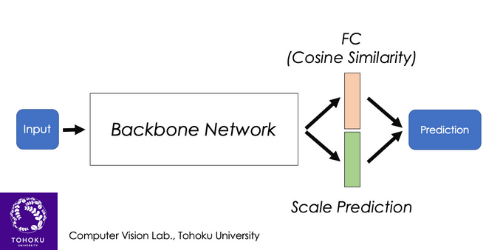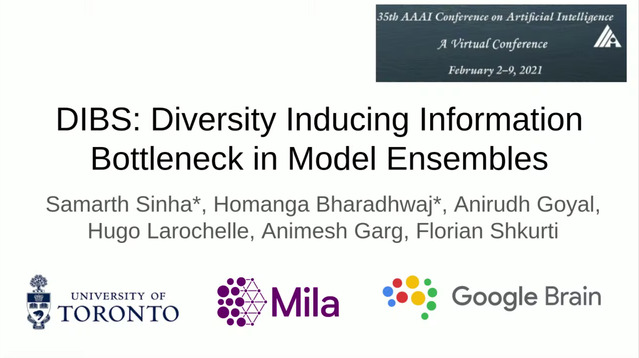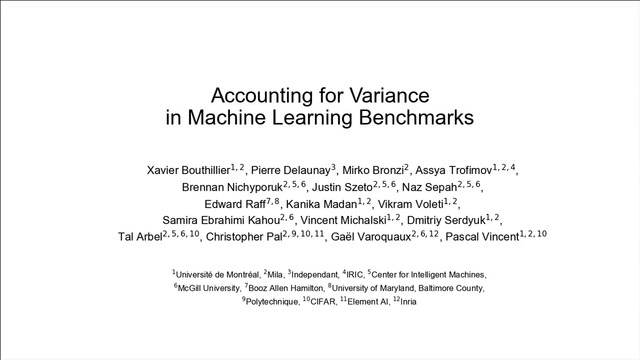Abstract:
Modern neural architectures for classification tasks are trained using the cross-entropy loss, which is widely believed to be empirically superior to the square loss. In this work we provide evidence indicating that this belief may not be well-founded.
We explore several major neural architectures and a range of standard benchmark datasets for NLP, automatic speech recognition (ASR) and computer vision tasks to show that these architectures, with the same hyper-parameter settings as reported in the literature, perform comparably or better when trained with the square loss, even after equalizing computational resources.
Indeed, we observe that the square loss produces better results in the dominant majority of NLP and ASR experiments. Cross-entropy appears to have a slight edge on computer vision tasks.
We argue that there is little compelling empirical or theoretical evidence indicating a clear-cut advantage to the cross-entropy loss. Indeed, in our experiments, performance on nearly all non-vision tasks can be improved, sometimes significantly, by switching to the square loss. Furthermore, training with square loss appears to be less sensitive to the randomness in initialization. We posit that
training using the square loss for classification needs to be a part of best practices of modern deep learning on equal footing with cross-entropy.









































